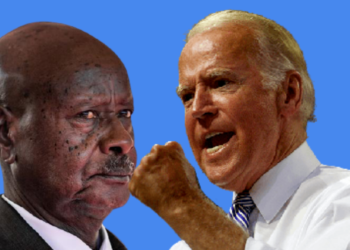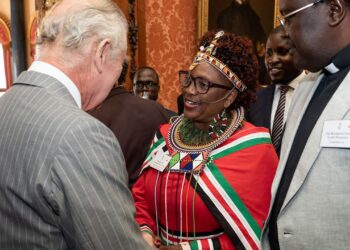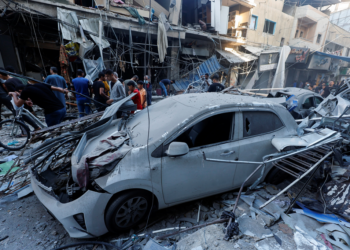The decade-long Palestinian split looks set to deepen in the coming months, with President Mahmoud Abbas poised to take multiple measures against Gaza to squeeze its Islamist rulers Hamas. The moves raise concerns of more suffering for Gaza’s two million residents, already under an Israeli blockade and facing severe electricity shortages, while a cornered Hamas could renew violence against Israel.
Analysts say the measures will also widen the gap between Hamas-run Gaza and the occupied West Bank, where Abbas’s government has limited self-rule. Hamas and Abbas’s secular Fatah party have been at loggerheads since the Islamists seized control of Gaza from Abbas’s forces in a near civil war in 2007, a year after sweeping parliamentary elections. Hamas has since fought three bloody wars with Israel and fears of a fourth remain.
Multiple reconciliation attempts between the Palestinian factions have failed but Egypt thought it had made a breakthrough in late 2017. As part of that agreement Hamas withdrew from border crossings between Gaza and Egypt and Israel, allowing the Fatahdominated Palestinian Authority to return and the Egyptian border to be reopened regularly. The reconciliation agreement has since collapsed acrimoniously.
Vital decisions among these could be removing staff from the crossings between Israel and Gaza — making it hard for the Jewish state to allow anything into the territory without dealing directly with Hamas, which it and many other countries label a terrorist organization. They could also include cutting salaries to families of Hamas prisoners. Abbas has also pledged to dissolve the Hamas dominated Palestinian parliament.






























































